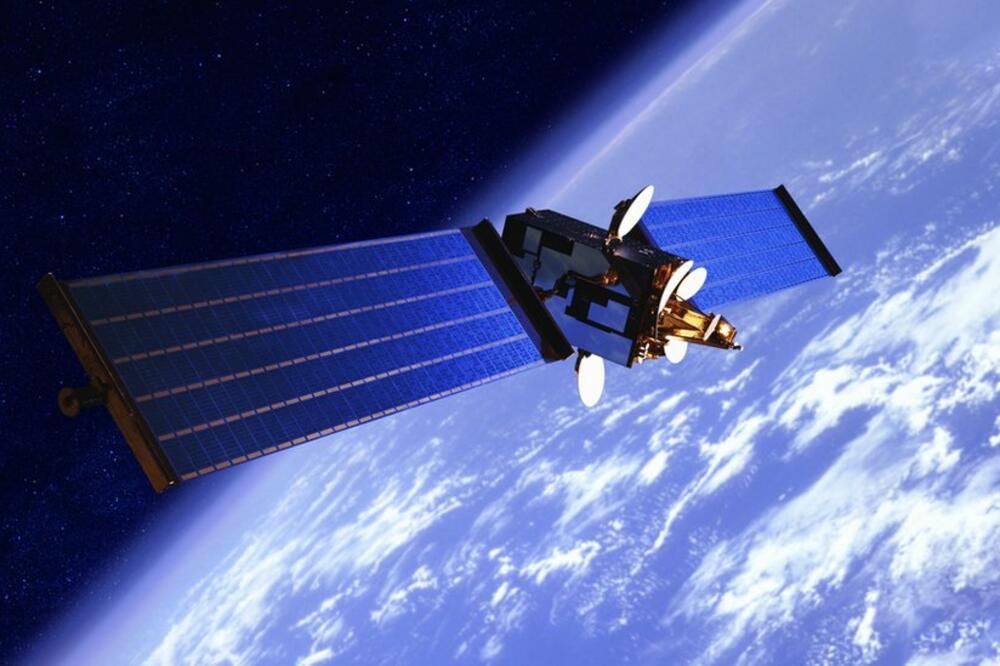Russia has vetoed the resolution of the United Nations (UN) Security Council calling on all countries to prevent an arms race in space.
The draft resolution, which was proposed by the United States of America (USA) and Japan, provided for the confirmation of the principle already laid down in the Outer Space Treaty of 1967.
The US has warned that Russia is believed to be developing space-based, anti-satellite nuclear weapons.
Moscow said it was "firmly committed" to the existing agreement.
The draft was unveiled on Wednesday and calls on "all states, especially those with leading space capabilities, to actively contribute to the goal of the peaceful use of space and the prevention of an arms race in space."
Countries are also invited to respect The Outer Space Treaty, according to which all parties agreed "not to place in Earth orbit any objects carrying nuclear weapons or any other type of weapons of mass destruction".
Of the 15 council members, 13 voted in favor, while Russia - one of the five permanent members with veto power - voted against, while China abstained.
- Putin denies alleged plans to send nuclear weapons into space
- A small guide to Russia's nuclear arsenal - how many weapons there are and what they are for
- Who can have nuclear weapons
Linda Thomas-Greenfield, the US ambassador to the UN, called the move "confusing".
"Russia vetoed a simple resolution confirming a legally binding duty," she said.
"President Putin himself publicly said that Russia has no intention of deploying nuclear weapons in space.
"So today's veto raises the question - why? Why, if you abide by the rules, would you not support a resolution that reaffirms them? What could you possibly be hiding?"
In February, White House spokesman John Kirby said that Russia develops "worrying" new anti-satellite weapon, although he added that it is not yet operational.
It would be space-based and equipped with nuclear weapons to target satellites, CBS News, the BBC's US affiliate, reported.
Russian President Vladimir Putin is replied that Moscow is "categorically against" the use of nuclear weapons in space.
More than any of its potential global adversaries, the US depends on satellite communications in all fields - from military operations and surveillance to civilian uses such as GPS systems and financial transactions.
US national security adviser Jake Sullivan reiterated on Wednesday that the US has assessed that "Russia is developing a new satellite carrying a nuclear device".
Details of the intelligence behind this claim have not been released.
"Russia is firmly committed to international legal obligations, including the 1967 Outer Space Treaty," said Russian Foreign Minister Sergei Lavrov.
Russian envoy to the UN Vasiliy Nebenzya described the American-Japanese resolution as a "cynical trick" with "hidden motives".
The Security Council consists of five permanent members - the US, Great Britain, France, China and Russia - each of which has veto power, and another 10 that rotate among the other UN member states.
Follow us on Facebook, Twitter, Instagram, YouTube i Viber. If you have a topic proposal for us, contact us at bbcnasrpskom@bbc.co.uk
Bonus video:




